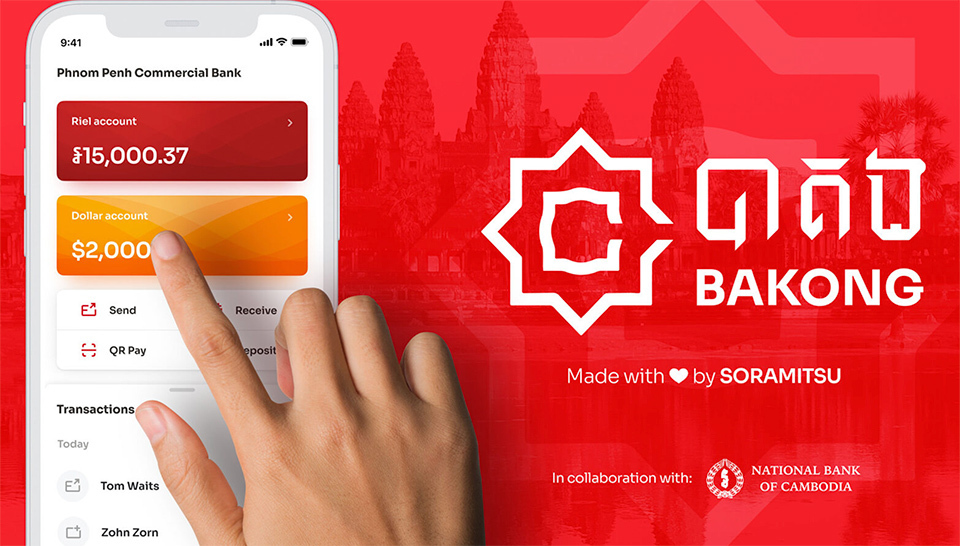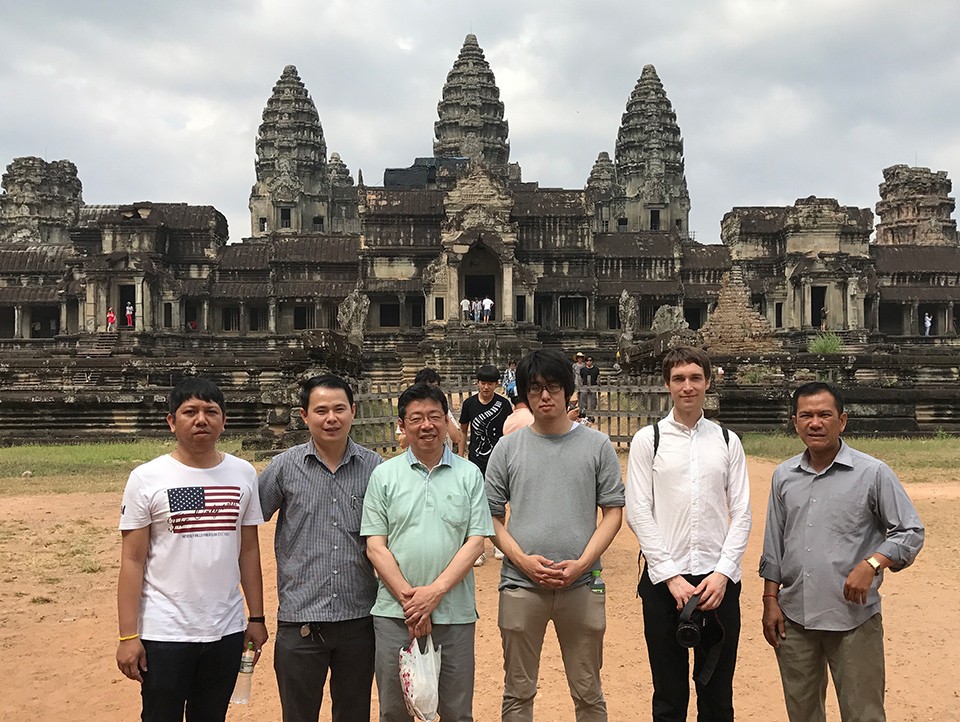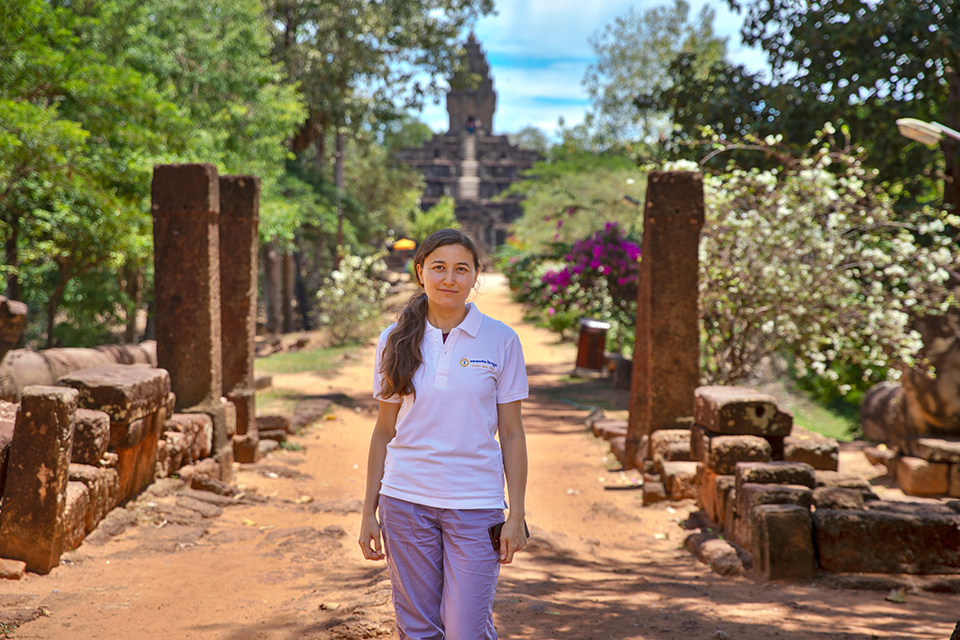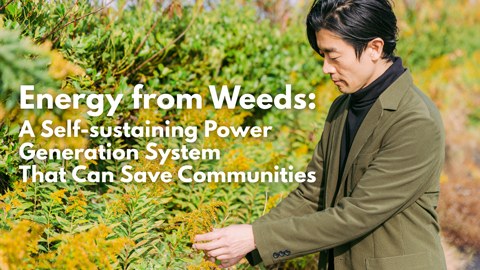Several years ago, a Japanese blockchain startup was launched out of the desire to create a new payment service. The company has since helped launch Bakong, a mobile payment system using blockchain technology, for the National Bank of Cambodia (NBC).

Bakong is Cambodia’s mobile payment system using blockchain technology. The name comes from Cambodia’s first temple mountain of sandstone, which is also the prototype for the design of the Independence Monument. Therefore, Bakong suggests a sense of freedom and self-determination for Cambodians.
In October 2020, Cambodia introduced a mobile payment system using blockchain technology for its central bank. Via a smartphone app, this system, known as Bakong, can be used for all kinds of remittances and payments for individual or corporate customers. Transactions are instantaneous and require no fee.
Previously, few people in Cambodia had bank accounts while many owned smartphones, creating a competitive market in which private payment services with limited interoperability coexisted chaotically. At the same time, Cambodia’s national currency, the riel, had low rates of adoption, and foreign currencies consequently enjoyed widespread use in the country. The launch of Bakong was touted as a means to solve such problems, establishing an inclusive and stable financial system for Cambodia.
That major project was supported by SORAMITSU Co., Ltd., a Japanese startup company established in 2016 that develops and introduces the blockchain technology essential for digital financial services. TAKEMIYA Makoto, an engineer who co-founded the company, said, “Many years ago, when I had to send a membership fee for an international conference from my bank, the process made me realize just how long everything took and how high the fees were. That experience inspired me to create a new kind of money that was usable worldwide online, eliminating needless time-wasting and fees. From that point on, I decided to learn about blockchain technology, and founded SORAMITSU. Since then, we’ve made great progress in realizing our vision through projects such as Hyperledger Iroha, SORA, and Fearless Wallet, which all provide tools that central banks can use for digitally transforming their economies.”

Members of SORAMITSU and the National Bank of Cambodia (NBC). Second from right is TAKEMIYA Makoto, the CEO of the company, and third from left is MIYAZAWA Kazumasa, its president.
Hyperledger Iroha is the open-source and free-to-use blockchain platform developed by the firm for business use. It has already been utilized in various systems both in Japan and overseas, and, along with those developed by IBM and Intel, is one of the blockchain platforms managed by the Hyperledger Foundation—a global ecosystem fostering blockchain technologies. With an uncomplicated design and being easy to install, the platform is renowned for its high processing speed, reliability, and security. The National Bank of Cambodia (NBC) saw value in Hyperledger Iroha’s performance and low cost, as well as the flexibility and drive that come from a small startup firm. That resulted in the bank choosing SORAMITSU to lead the joint development of Bakong in April 2017.
Bakong, which supports both the Cambodian riel and the US dollar, has steadily grown in popularity in the three years since its launch. As of this year, the system has 8.5 million registered accounts, more than half of Cambodia’s population. Bakong is used in about 1.5 million stores, at which payments grossed 15.5 billion dollars by the end of 2022. Project Manager Zilya Yagafarova said, “Working closely with the NBC team, I noticed that they were very proud of their work. They were very happy to help the people of their nation, and I was happy to help them.”

Zilya Yagafarova of SORAMITSU in front of Bakong Temple. She began her career as an IT technician and systems business analyst at a bank before joining the company as a project manager for Bakong.
In February 2023, SORAMITSU launched the demonstration experiment of a central bank digital currency (CBDC) in Laos based on a system similar to that of Cambodia’s Bakong, and the results will be used to build an optimal system to address the challenges of that country’s financial situation. With the support of the Cabinet Secretariat and the Ministry of Foreign Affairs of Japan, as well as the Ministry of Economy, Trade and Industry, the firm is also currently conducting basic research on the potential CBDC needs of such countries as Fiji, Vanuatu, Vietnam, Indonesia, and Thailand, as well as conducting a proof-of-concept demonstration with the Solomon Islands. Going forward, the company plans to roll out similar demonstration experiments throughout the Pacific region and Southeast Asia. SORAMITSU President MIYAZAWA Kazumasa said, “Bakong can now be used in many stores in Laos, Vietnam, and Thailand, where you can scan a 2D code and automatically exchange money and pay using the Bakong app. Many European countries share the euro as a common currency, but in the future, perhaps the financial systems of various Asian countries will be connected in a transparent and accessible fashion without the need for such a currency union.”
Soramitsu is an ancient Japanese word that, in one theory, means “to fill the sky.” Apparently, the company name was chosen because of the founders’ idea of building a blockchain encompassing the entire world. Before long, SORAMITSU’s blockchain technology may be spreading its wings across Asia, strengthening ties throughout the region.





























